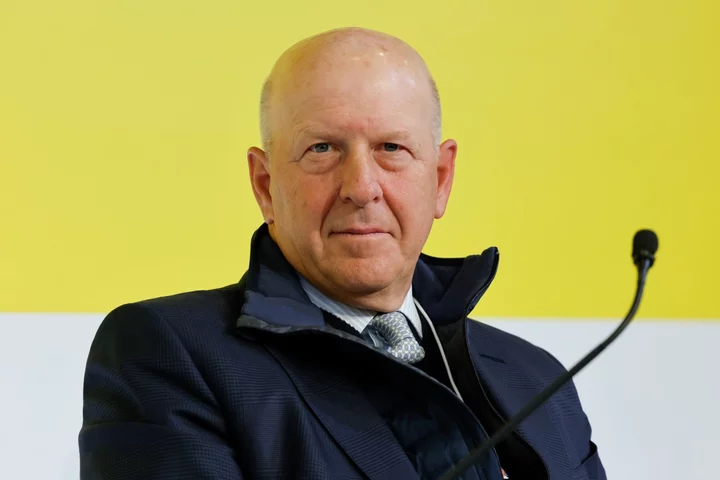The British government’s reliance on market mechanisms to achieve its net-zero targets won’t be enough to rid the country of fossil fuels by 2050, a parliamentary committee said.
Global fossil fuel financing of $742 billion in 2021 still outpaces investment in renewables, underlining the risks of leaving decarbonization to the private sector, the Environmental Audit Committee said on a report on Wednesday. Backsliding by the UK government is causing confusion, just as global policy makers redouble their green transition efforts.
“The government should implement swiftly its initiatives on mandatory transition plans, a UK green taxonomy, and carbon leakage mitigation measures,” Philip Dunne, chair of the committee, said in a statement. “Any delay is likely to send mixed messages to the financial sector that the UK is wavering on its ambitions, as set out at COP26, to become the first net zero-aligned financial centre.”
The lawmakers urged the government to make transition plans mandatory for companies, while monitoring their effectiveness through the publication of quarterly reports. They also recommend creating an independent body responsible for tracking net-zero and nature-related financial flows, as well as investment geared toward high-carbon projects as a way to mitigate risks such as a delays in policy implementation.
To be sure, the UK Treasury and private companies including Aviva Plc, London Stock Exchange Group Plc and Unilever Plc are working on an initiative to have consistent and comparable company disclosures, as the government moves toward making publication of transition plans mandatory.
Read More: UK Closer to Mandatory CO2 Disclosures With New Guidelines
The committee’s report also concludes that North Sea fossil fuel assets are at risk of devaluing before extraction due to changes in energy consumption. The committee said the North Sea Transition Authority should calculate what the impact to the UK taxpayer and company profitability would be of requiring the cost of decommissioning to be absorbed for new oil and gas licenses through the introduction of duties on operators.
--With assistance from Alastair Marsh.









